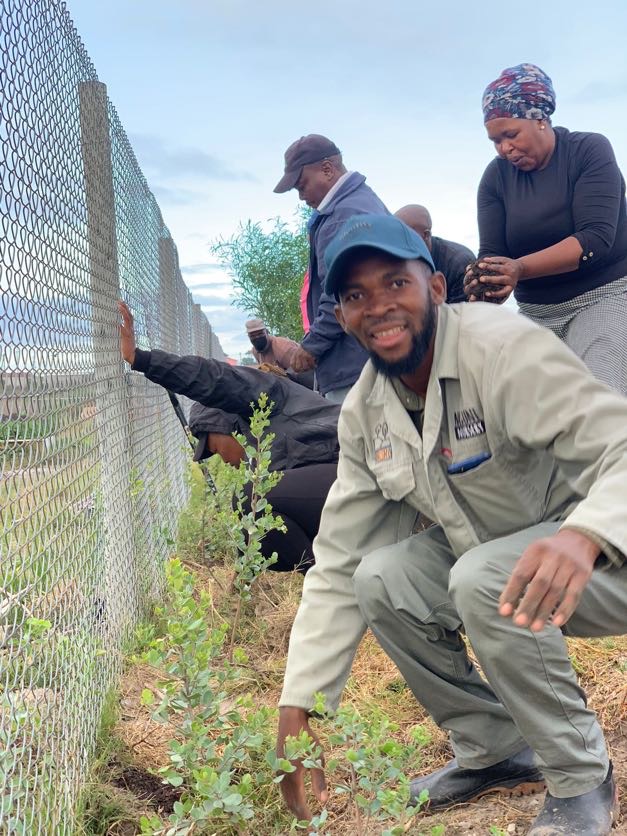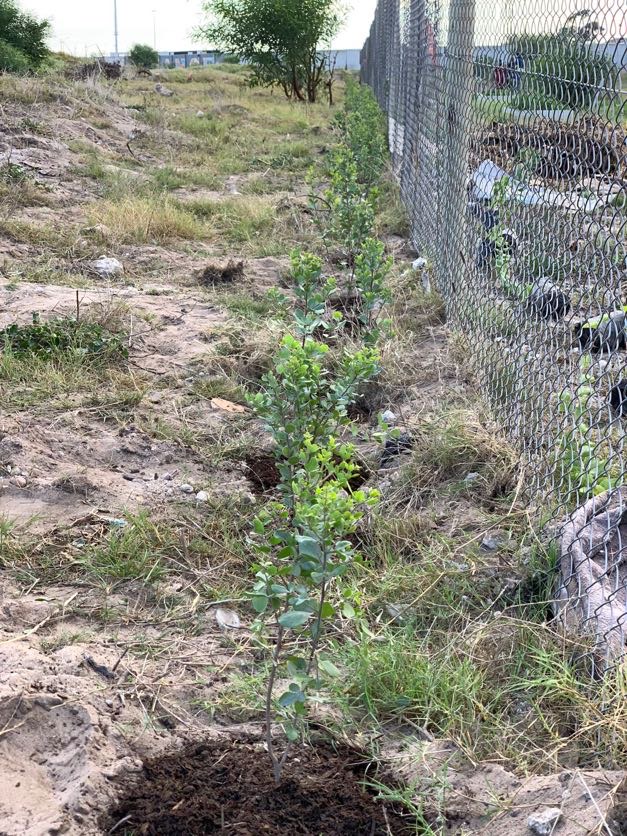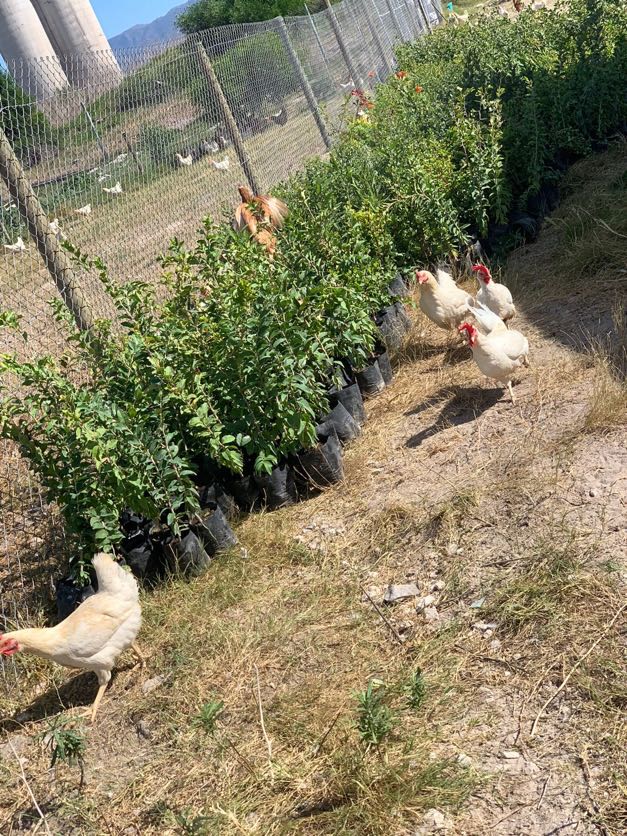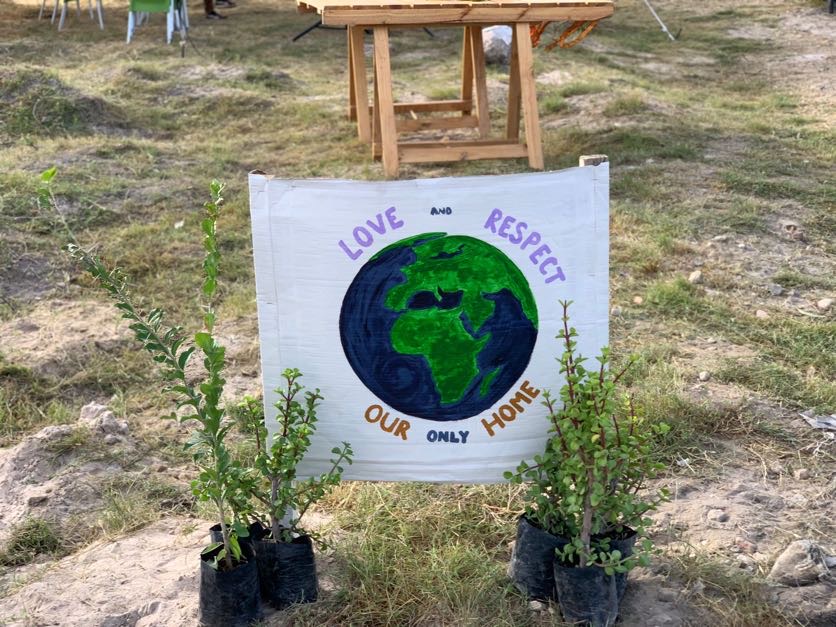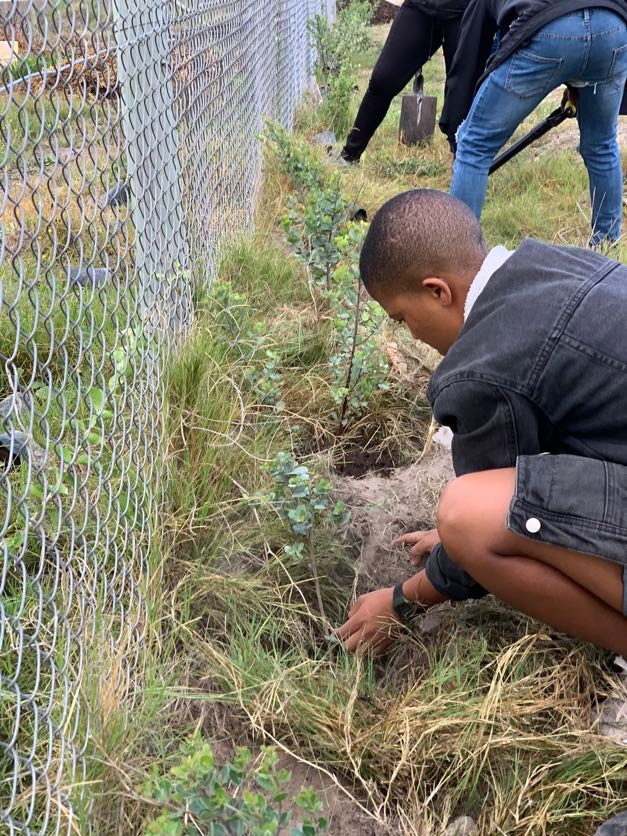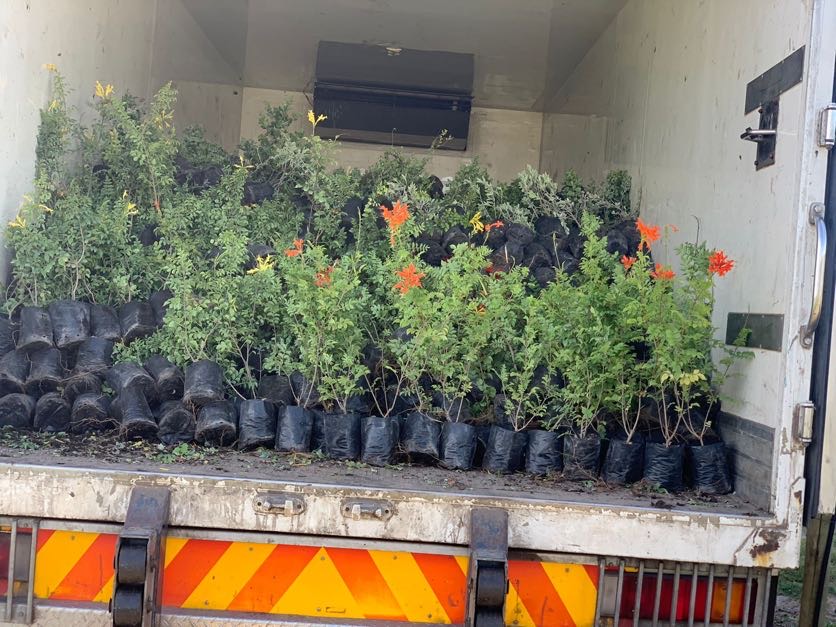Conservation and Restoration
The Canopy Project Capetown
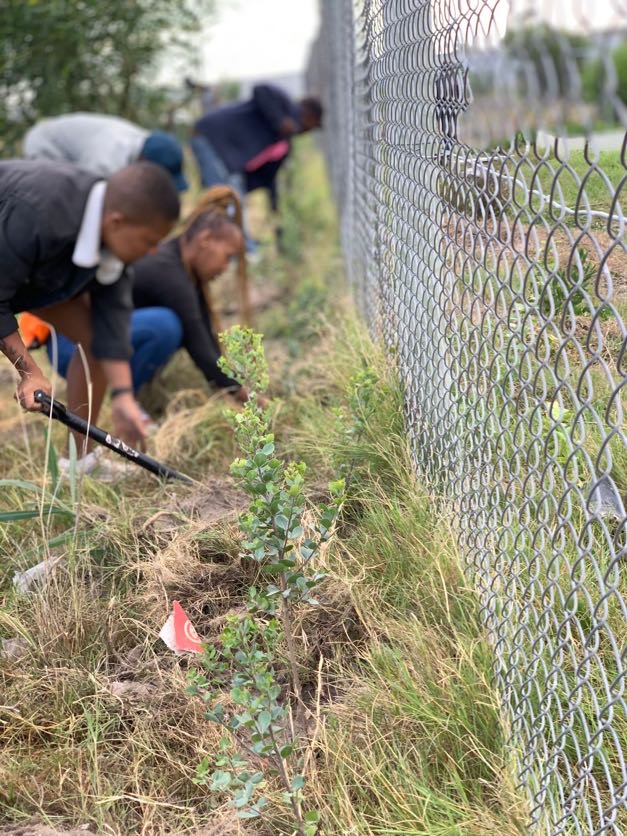
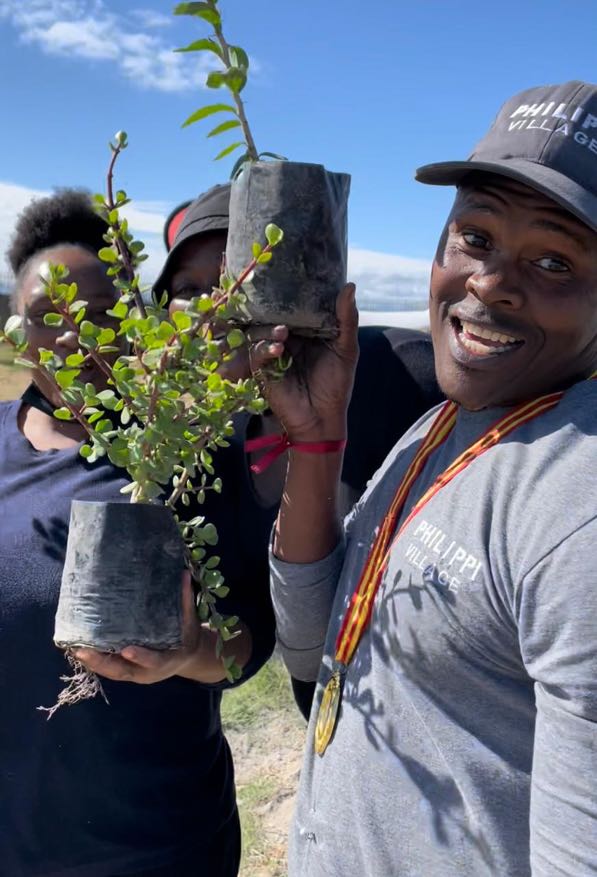
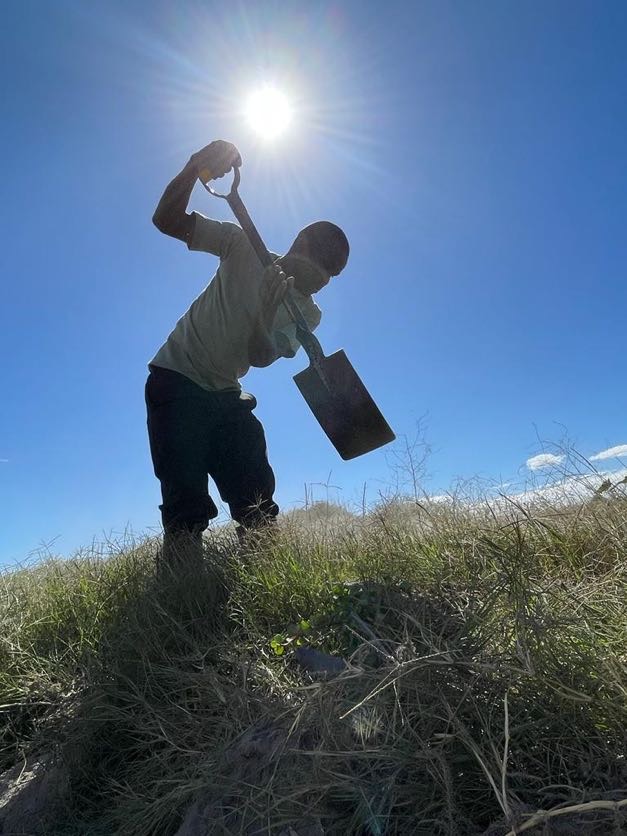
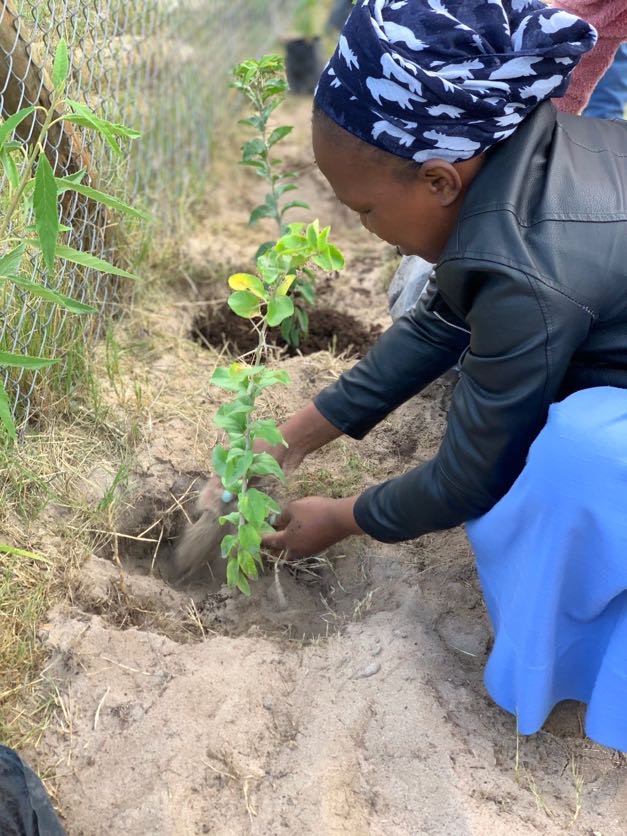
Project Summary
The Canopy Project – Capetown, South Africa
This project in the Philippi region of Capetown, South Africa proved several ecological benefits by providing trees and plants to places that are heavily deforested. Philippi is an area with a large agricultural industry that provides much of the food to the neighboring communities.
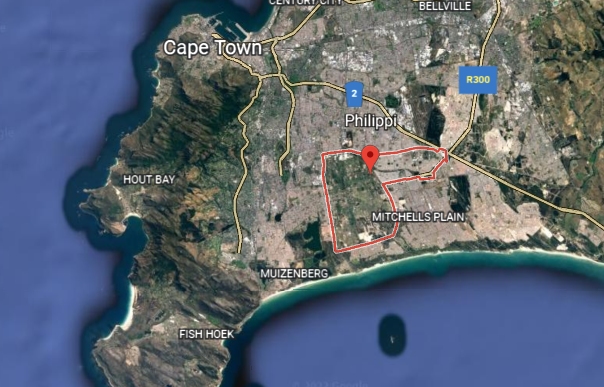
Region
Philippi, Cape Town, South Africa
A township located on The Cape Flats, this area for years was primarily used as grazing lands for local cattle. Today the area provides nearly 80% of the vegetables consumed in Cape Town. Because of the large amount of farmlands, the soil has becoming nutrient deficient and the risk of polluting the local aquifer has increased. Large scale tree plantings in the area will help reduce the harmful effects on the water source while also sequestering large amounts of carbon released by surrounding urban areas.
Species
Planting efforts will include trees and plants native to South Africa. These species of plants include Portulacaria afra, a succulent plant that is more drought resistant and uses up far less water than many other plants. Others include the Kai apple (Dovyalis caffra), a small to medium sized tree that bears a slightly acidic but delicious fruit!
Water Resource Protection
The planted trees will create a microclimate that will increase rainfall in the area. We have grouped plants with similar water needs together to minimize the risk of overwatering. The project uses mulch to stop moisture from escaping and has built windbreaks to stop the wind from drying out soil. All these measures help to preserve water and filter rain into local aquifers, increasing local water tables.
Planting Period
April
Status: Active
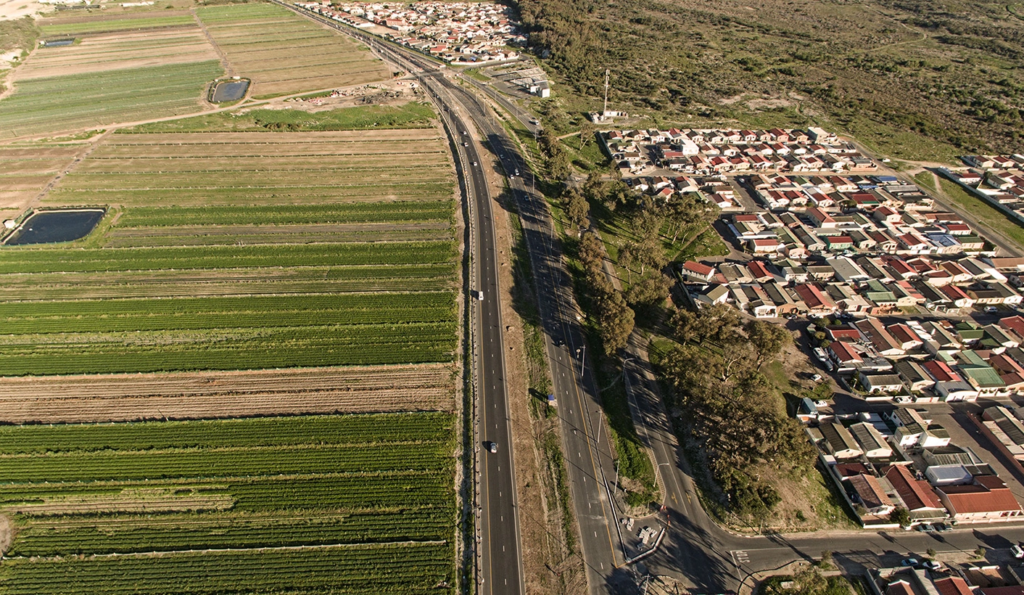
Project Contributions



Support The Canopy Project
Reforestation is one of the most important and accessible ways that people can contribute to solving the challenges of climate change.
RECENT ACTIVITY
